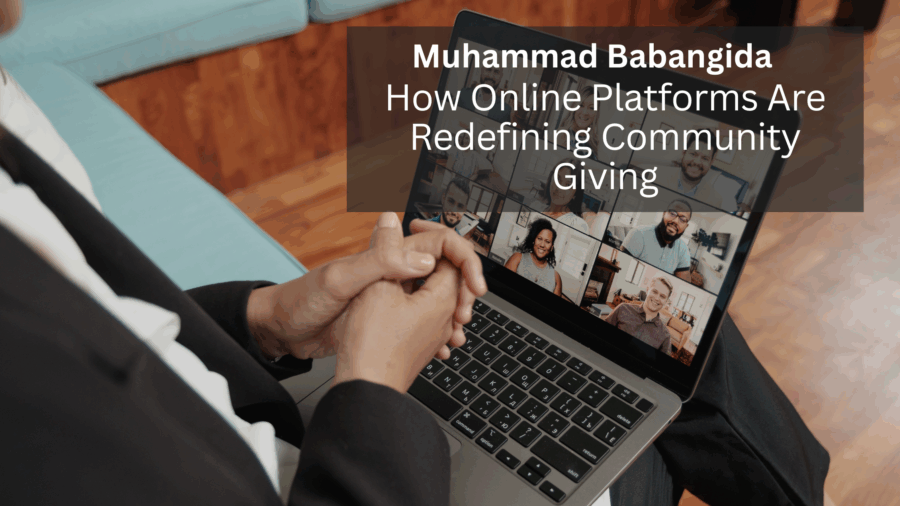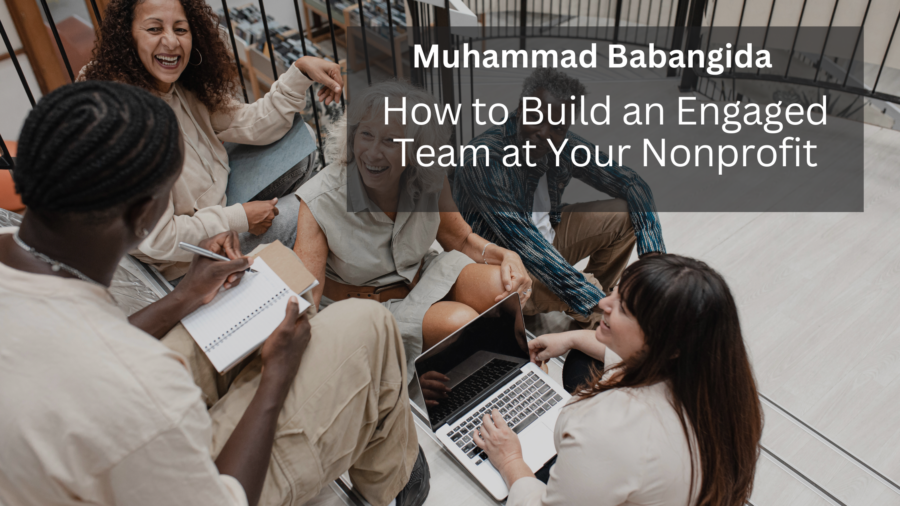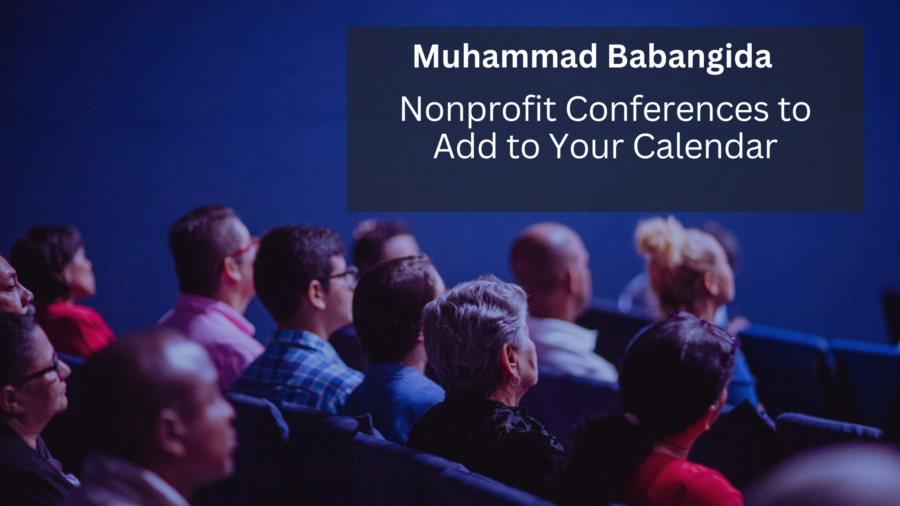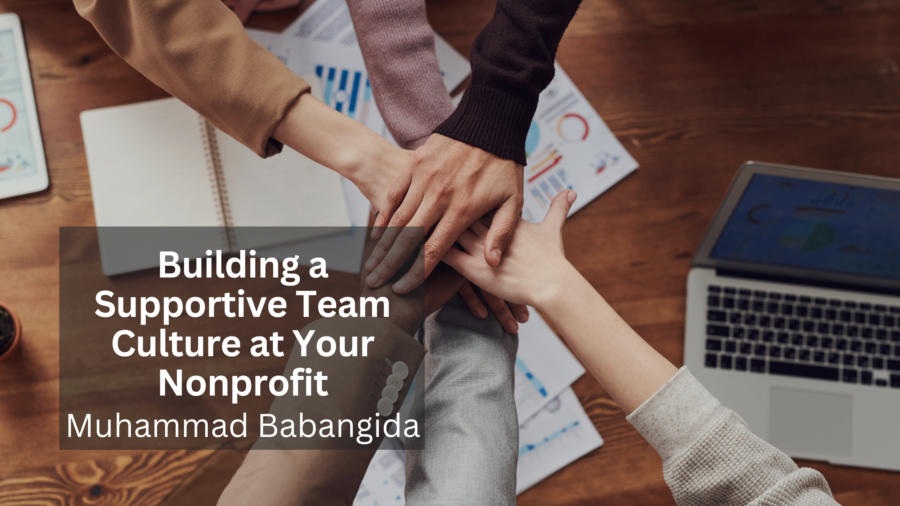The rise of online platforms has transformed the way people give back, creating new avenues for community support and engagement. Traditional philanthropy often required physical presence or direct connections, but digital tools now allow individuals to contribute, volunteer, and participate from anywhere in the world. This shift is redefining how communities come together and how giving is experienced.
Broadening Access to Giving
Online platforms have made charitable giving more accessible than ever. With just a few clicks, people can donate to causes they care about, whether it’s supporting local food banks, funding education initiatives, or contributing to disaster relief. This accessibility allows more individuals—including younger generations who are digitally native—to participate in community giving, democratizing philanthropy and creating a wider network of supporters.
Fostering Transparency and Trust
One of the challenges in traditional community giving has been trust—donors often want to know exactly how their contributions are used. Digital platforms often provide detailed breakdowns, real-time updates, and impact stories that show the tangible effects of donations. This transparency not only builds confidence but also encourages continued engagement, turning one-time contributors into long-term supporters.
Encouraging Micro-Philanthropy
Online tools also support micro-giving, allowing individuals to make small, meaningful contributions that collectively create a significant impact. Crowdfunding campaigns and peer-to-peer fundraising illustrate how even modest donations can add up, empowering communities to achieve goals that might have been unattainable otherwise. This approach reinforces the idea that every contribution matters.
Connecting Volunteers and Communities
Beyond financial contributions, online platforms are facilitating volunteer engagement. Apps and websites can match individuals with local projects, virtual volunteering opportunities, or skill-based initiatives, making it easier for people to donate time and expertise. This connectivity strengthens community bonds and creates a more holistic approach to giving.
Inspiring Social Movements
Digital tools have also amplified the reach of social causes. Community campaigns can now spread globally in hours, mobilizing support and raising awareness for urgent needs. This has redefined the scale and speed of community action, proving that technology can be a powerful catalyst for positive change.
Conclusion
Online platforms are reshaping community giving by making it more accessible, transparent, and engaging. They empower individuals to contribute in ways that suit their abilities, connect volunteers with meaningful opportunities, and amplify social impact. In today’s digital age, community support is no longer confined to local neighborhoods—it can extend globally, inspiring collaboration, generosity, and real change like never before.










